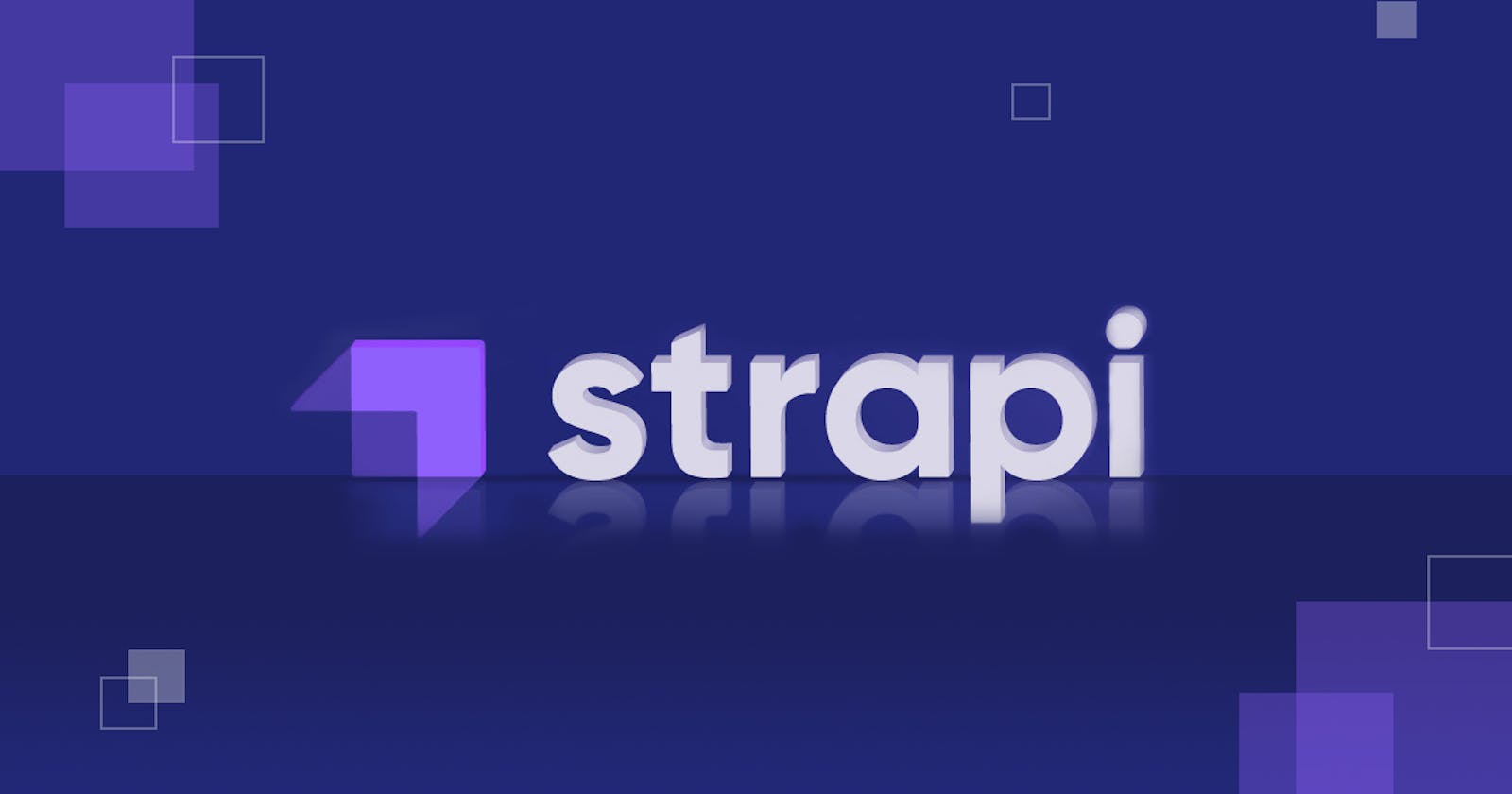Strapi is a popular open-source headless content management system (CMS) that's built using Node.js. One of the strengths of Strapi is its modularity and the ease with which developers can extend its functionality through plugins. Here are some benefits of extending Strapi with plugins:
Custom Functionality: Developers can extend the core features of Strapi to meet specific needs by creating or installing plugins. This allows for creating a tailored CMS experience.
Scalability: Instead of having all functionalities bundled together, Strapi users can scale their CMS based on their needs by only installing the necessary plugins.
Community and Ecosystem: The Strapi community has contributed a variety of plugins, which means that often, instead of building something from scratch, you can find a plugin that either meets your needs or comes close.
Time-Saving: As mentioned above, the availability of ready-made plugins can significantly reduce development time.
Maintainability: It's easier to maintain and update modular functionalities. If a plugin has an issue or needs an upgrade, it can be handled without disturbing the core system or other plugins.
Security: Strapi's plugin architecture allows developers to ensure that plugins adhere to best practices in terms of security. If a vulnerability is discovered in one plugin, it can be patched without having to modify the core system.
Reusability: Once you develop a plugin for one Strapi project, it can be reused across other Strapi instances or shared with the community.
Flexibility: Plugins can be enabled or disabled as per the requirements. This makes it easier to experiment with features or to temporarily disable certain functionalities.
Read further: What Is Strapi? | Advantages of Using Strapi For Your Projects
Integration with Other Systems: Strapi plugins can be developed to integrate the CMS with other third-party services, APIs, or platforms, thereby seamlessly expanding Strapi's capabilities.
User Experience: By incorporating plugins that offer specific functionalities, Strapi administrators can offer an optimized user experience for content editors and other backend users.
Marketplace: Strapi has a marketplace where developers can showcase their plugins. This not only gives exposure to the developers but also allows other users to benefit from these shared plugins.
Consistent Development Patterns: As Strapi provides documentation and guidelines on developing plugins, it encourages consistent development patterns. This makes it easier for other developers to understand, modify, or enhance existing plugins.
In conclusion, the ability to extend Strapi with plugins allows for a highly customizable and scalable CMS experience. Whether you're integrating with third-party systems, adding new backend functionalities, or enhancing the admin panel, plugins offer a modular way to augment Strapi's capabilities.

